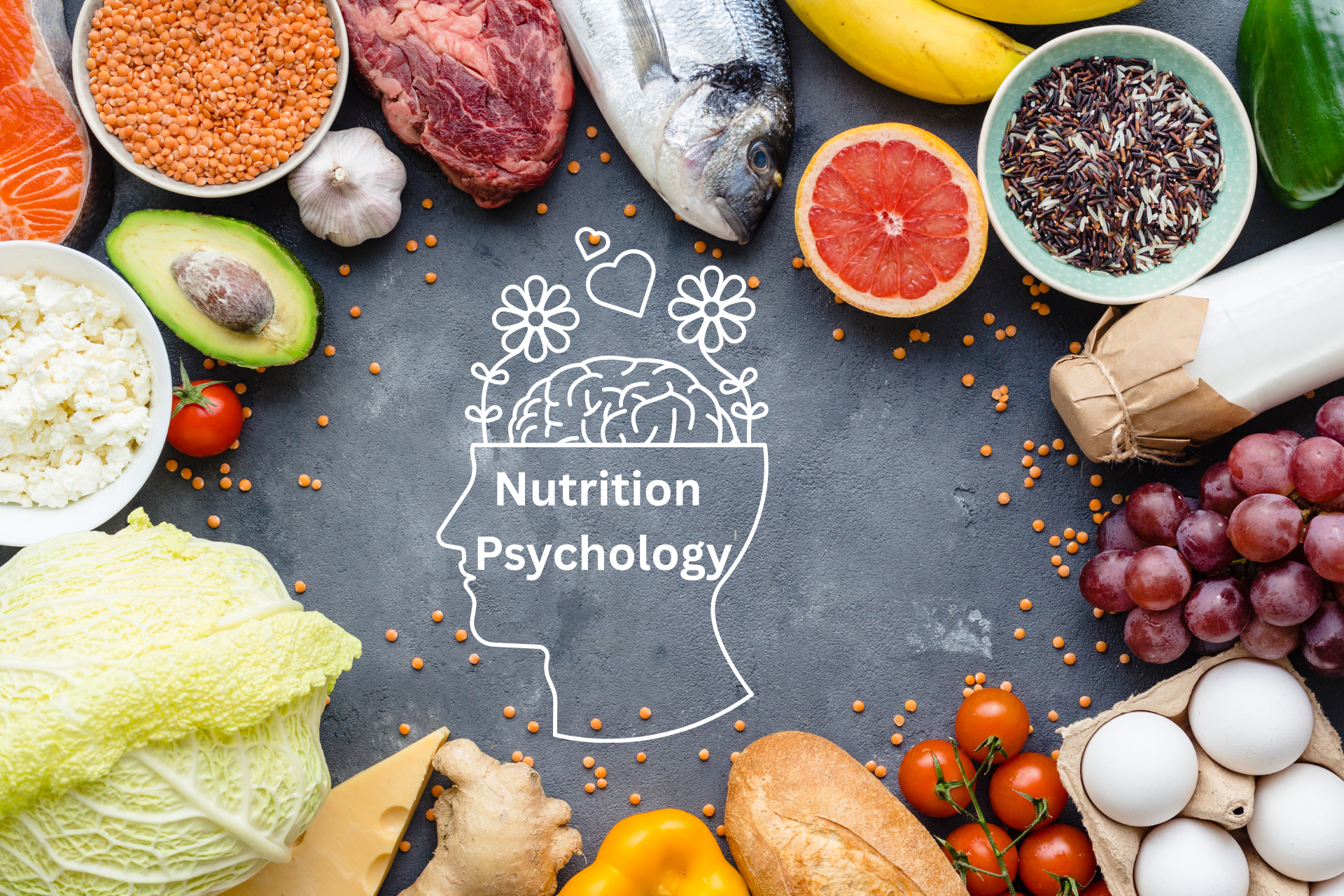

Detecting depression involves recognizing specific signs and symptoms that differentiate it from everyday feelings of sadness. Here are some key indicators to look out for:
Hopelessness: People experiencing depression often feel a pervasive sense of hopelessness. This feeling may persist most of the time and can be more pronounced in certain racial and ethnic groups, such as Hispanic and Latino individuals.
Loss of Interest: A significant loss of interest or pleasure in almost all activities is a common symptom. If you find yourself consistently disinterested in things you once enjoyed, it’s essential to seek professional help.
Fatigue: Depression can lead to persistent fatigue, affecting daily functioning. Feeling constantly drained, both physically and emotionally, maybe a sign.
Changes in Appetite: Fluctuations in appetite, whether increased or decreased, can be indicative of depression. Pay attention to any significant shifts in your eating habits.
Emotional Changes: Depression affects emotions profoundly. If you experience intense sadness, irritability, or feelings of worthlessness, consider seeking support.
Fatalism: A belief that life is futile or that things will never improve can be a red flag. This sense of fatalism is prevalent among certain racial and ethnic groups.
Seeking Professional Help: If you notice any of these signs persistently, it’s crucial to consult a mental health professional. Early intervention can lead to effective treatment and improved well-being.
Remember that depression is a complex condition, and seeking help is a vital step toward healing and recovery. You don’t have to face it alone—reach out to a healthcare provider or a trusted person in your life.
Fighting Depression: Tactics for a Happier Life
Depression isn’t something you can cure with one heroic act; it’s a series of small wins that light up the way to recovery. This blog post proposes pragmatic strategies for overcoming depression and fostering resilience and hope along the way. Just remember, you’re not alone.
1. Set Goals That Pay Off
When depression sets in, every obligation can feel like an anvil. Dismantle this heavy metal by setting small goals that are achievable. Set reminders on your phone or computer that will prompt you to take actions that count: call a friend who supports you; play a musical instrument; or read about places you’d like to go. Not only does completing these tasks give you something to be proud of but it also generates positive feelings and fosters authentic connections.
2. Engage in Satisfying Activities
Depression feeds off inaction and self-criticism. Starve it out by taking part in activities that build momentum. Exercise is known to reduce inflammation and boost mood, especially high-intensity workouts. Whether it’s dancing, going for brisk walks or practicing yoga – movement can be a formidable weapon against depression.
3. Challenge Unhelpful Thoughts
One of the effects of depression on our minds is producing distorted thoughts which then result into negative internal monologue. To counteract this phenomenon we need to recognize such thinking patterns as they occur so we can replace them with more useful ones. If necessary consult with professionals who specialize in this area – therapy provides many tools for dealing with cognitive distortions caused by depressive states
4. Include Positive Moments
In every dark day, find happiness. Watch the sunset, listen to music that makes you feel good or eat your favorite meal. By doing these things, you will be able to collect small joys which will help bring back emotional balance.
5. Give Priority to Rest and Nutrition
A well-rested body is necessary for a sound mind and sleep is important for that. You should get enough sleep of good quality regularly and have a balanced diet as well. Brain health needs nutrient-rich foods and mood stabilization also depends on them.
6. Connect with Those Who Support You
Depression feeds off isolation so don’t stay alone in this battle but rather seek out friends, family members or support groups who can understand what you’re going through because they’ve been there too; talk about how it feels inside yourself with them if need be – share your feelings! It’s okay not to be strong all by ourselves sometimes- other people can help lift us up when we need it most.
7. Mindfulness Practice
Being mindful means being aware of everything happening around us without judgment; this includes our thoughts and emotions too! Mindfulness techniques like meditation or deep breathing exercises keep us anchored in the present moment which reduces anxiety levels while increasing emotional resilience over time.
8. Seek Help from Professionals
It is always good to have someone who knows what they are doing helping you out during difficult times so don’t hesitate at all to seek assistance from therapists, counselors or psychiatrists in case things get worse than expected; these professionals use methods that have been proven effective through research studies so coping mechanisms provided might work wonders for an individual dealing with such issues personally – reach out when necessary!
Remember that depression cannot disappear overnight but instead takes effort over a period of time before eventually disappearing completely thus it’s important to celebrate each stage achieved regardless of how minor it may seem since every victory counts towards success realization where one realizes one own strength once more as they prepare for brighter days ahead. 🌟
selfstalker.com

Monday - Thursday 7 AM - 5 PM PST
admin@selfstalker.com support@selfstalker.com